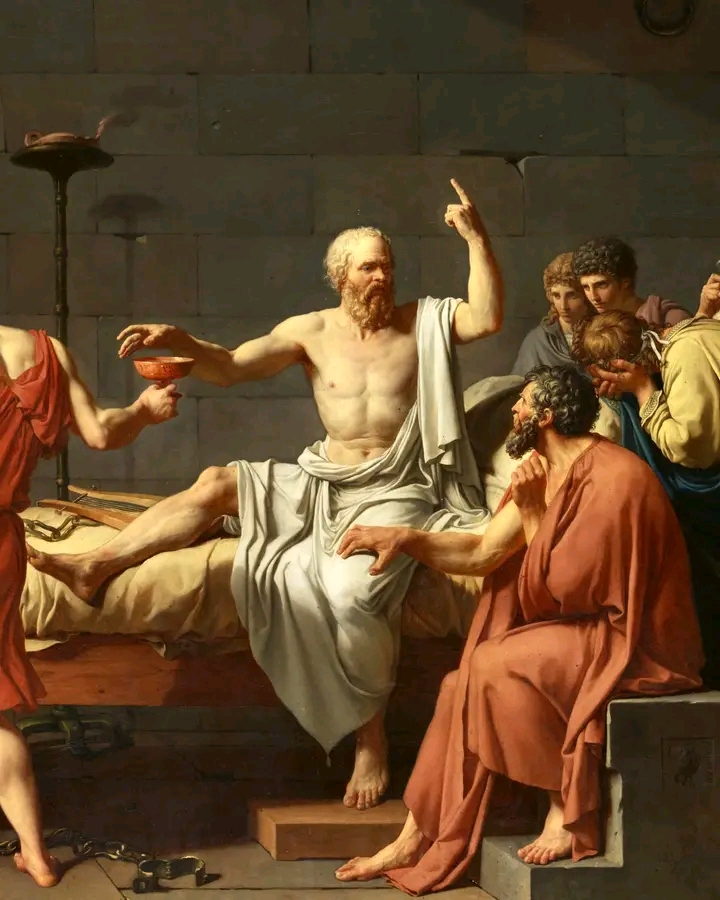How and Why was Socrates Sentenced?

One day in 399 BC, the philosopher Socrates stood before a jury of 500 Athenians. He was accused of "refusing to recognize the gods recognized by the state" and "corrupting the youth".
Aguilty verdict could mean death. After six hours of arguments from Socrates and his accusers, the jury voted by placing "guilty" or "not guilty" discs into an urn. The verdict: guilty by 280 to 220.

The jury was asked to decide on Socrates' penalty, which his accusers argued should be the death penalty. When asked for his opinion, Socrates impudently suggested that he receive a government salary and free dinners for the rest of his life. His second suggestion was that he pay a small fine.
Athenians had come to expect no less from Socrates, a man who was widely hated by the city-state.

According to Plato, his student and biographer, Socrates had become the "gadfly" of Athens when the oracle at Delphi had allegedly said no one was wiser than he. Socrates regularly annoyed his fellow citizens: he enraged the polis, the political community, by criticizing democracy, a political system invented in Athens; and he embarrassed people with his Socratic method of questioning, which

invariably exposed ignorance. Socrates was also associated with the Thirty Tyrants, who had briefly overthrown the Athenian government.
But now Socrates was about to receive his comeuppance.
His sentence was execution, to be administered by his drinking a cup of hemlock. Plato was not present at the execution, but his Phaedo recalls it from eyewitness accounts told to him.

This is what happened after Socrates had drunk the poison:
"Socrates walked around until he said that his legs were becoming heavy, when he lay on his back, as the attendant instructed. This fellow felt him, and then a moment later examined his feet and legs again. Squeezing a foot hard, he asked him if he felt anything. Socrates said that he did not.

He did the same to his calves and, going higher, showed us that he was becoming cold and stiff. Then he felt him a last time and said that when the poison reached the heart he would be gone. As the chill sensation got to his waist, Socrates uncovered his head (he had put something over it) and said his last words: 'Crito, we owe a cock to Asclepius. Do pay it. Don't forget....

after a while he gave a slight stir, and the attendant uncovered him and examined his eyes. Then Crito saw that he was dead, he closed his mouth and eyelids."
So ends the account of one of the most famous early poisonings in history, and with it Socrates, the father of Western philosophy.
Source - ' Poison - The History of potions, powders and murderous practitioners' by Ben Hubbard












